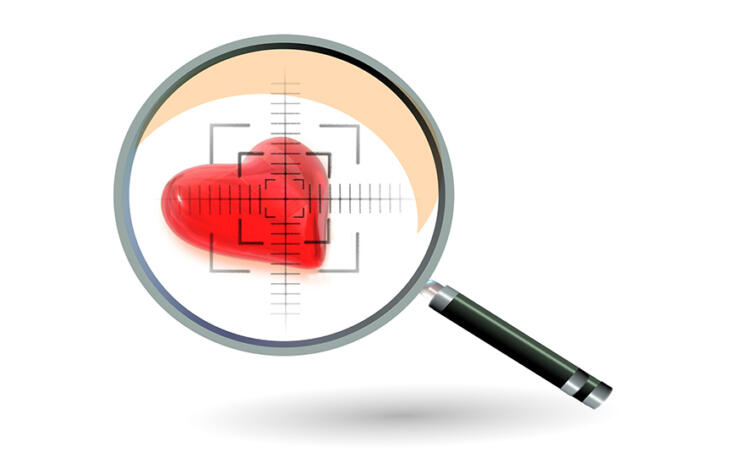I might have heart failure, what do I need to know?
Your GP, or another trusted health professional, has suggested you may have heart failure. Read on for an introduction to the condition and a guide on what tests can help find out if you have it.

Keep track of medicines and access important health info any time and anywhere, especially in emergencies.
Your GP, or another trusted health professional, has suggested you may have heart failure. Read on for an introduction to the condition and a guide on what tests can help find out if you have it.